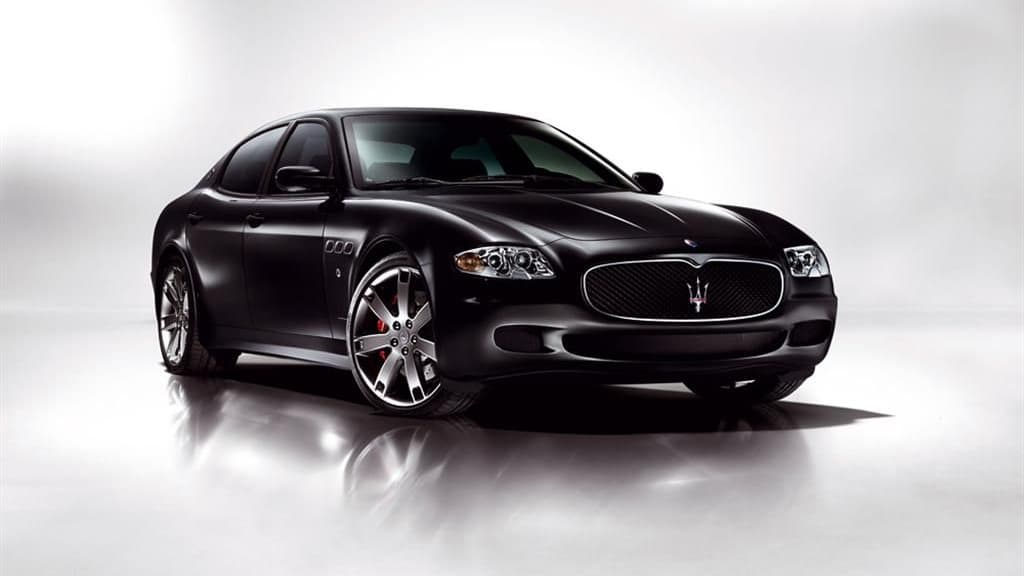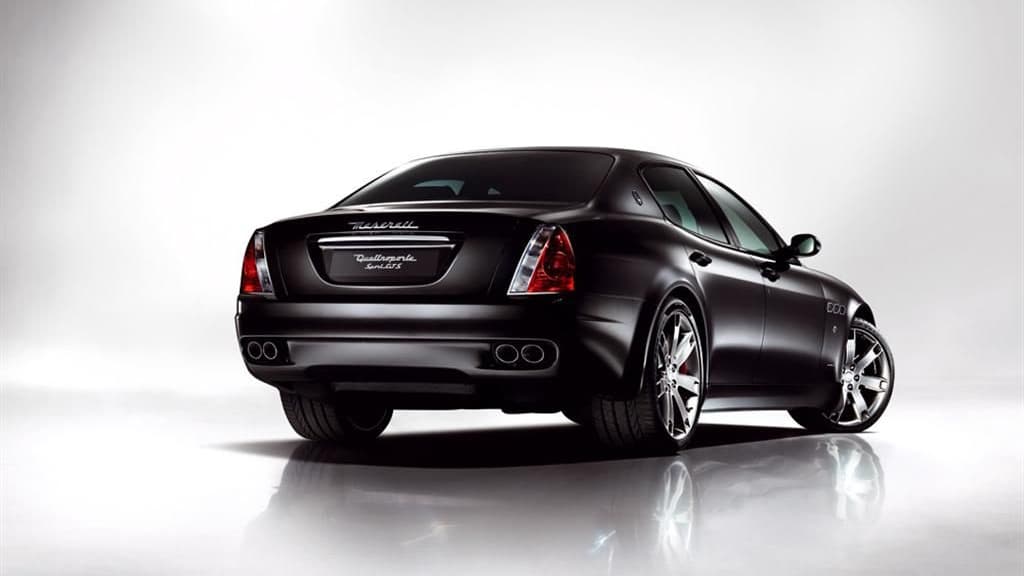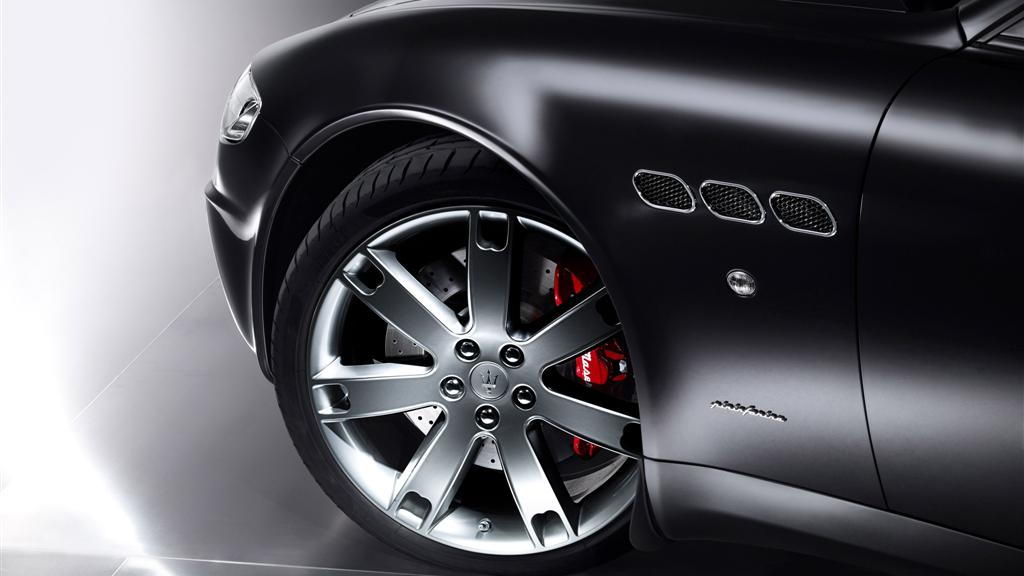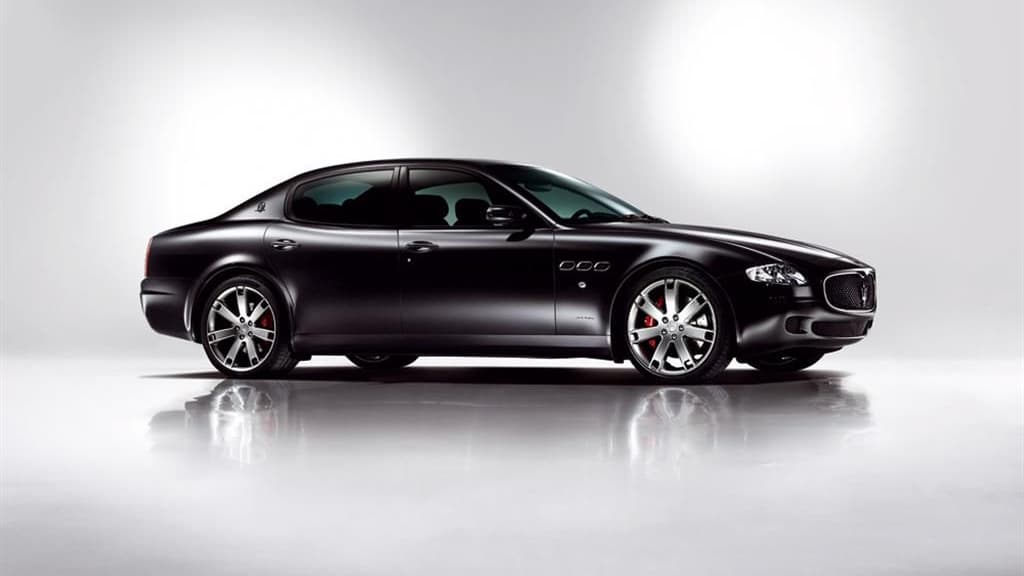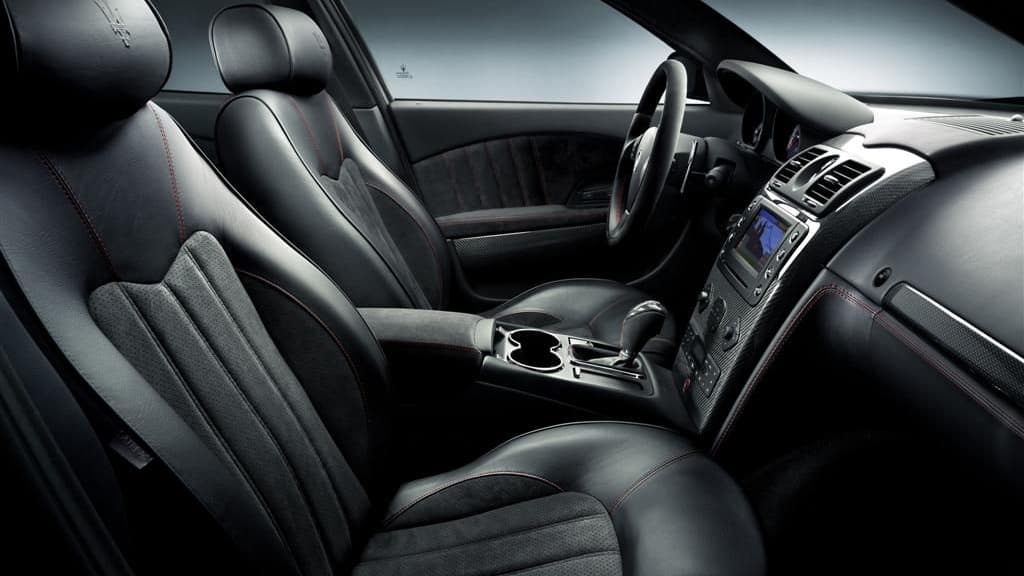Can cars have sexual identities? Or, perhaps more accurately, does their anthropomorphized sexuality have an effect on how we perceive them? To most awake and aware people, the answer there is a definite yes--though those very same people will often disagree in the conclusions they come to about a given car's identity. In this case, it's the Maserati Quattroporte Sport GTS
There's a healthy dose of humor and jest in the video below from a Vanity Fair piece by Stick Shift's Brett Berk, with Berk presenting the argument that the Quattroporte Sport GTS is a "gay car", and Motive Magazine editor-in-chief Eddie Alterman on the "straight car" side of the debate.
But beneath the humor and jest, there's a fair question at issue, and if anything, their repartee illustrates how much we project our own image onto a car. People often characterize cars as "chick cars"--the sporty Mazda Miata or the new Ferrari California, for example--or otherwise impose some sort of gender or sexual identity on them. But does it say more about the people driving the car or the people viewing it?
Both Berk's points that the Quattroporte Sport GTS is sensual, emotionally connected and refined in a way that's clearly not in line with the heterosexual archetype and Alterman's focus on the Maserati's power, prowess and rough-and-ready Sport demeanor--stereotypically heterosexual properties--reflect their conceptions of beauty and power as much as anything. And beauty and power are attributes the Maserati clearly has in spades.
So what do you see in the Maserati Quattroporte Sport GTS's sleek lines, refined demeanor, quality materials, and fantastically Italian powertrain? Is beauty, or automotive sexuality, an objective thing? Or is it truly in the eye of the beholder?
[Vanity Fair's Stick Shift blog]
